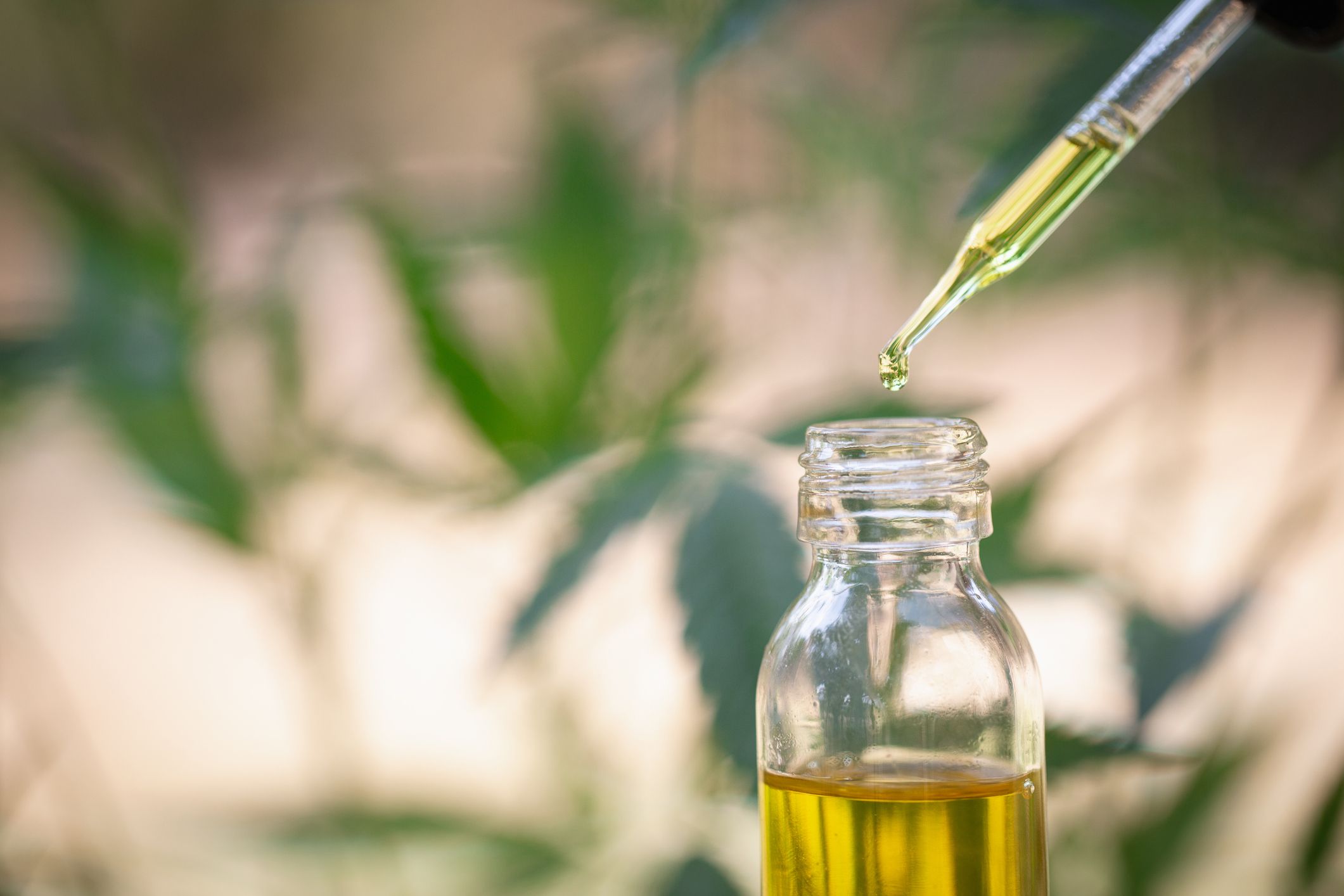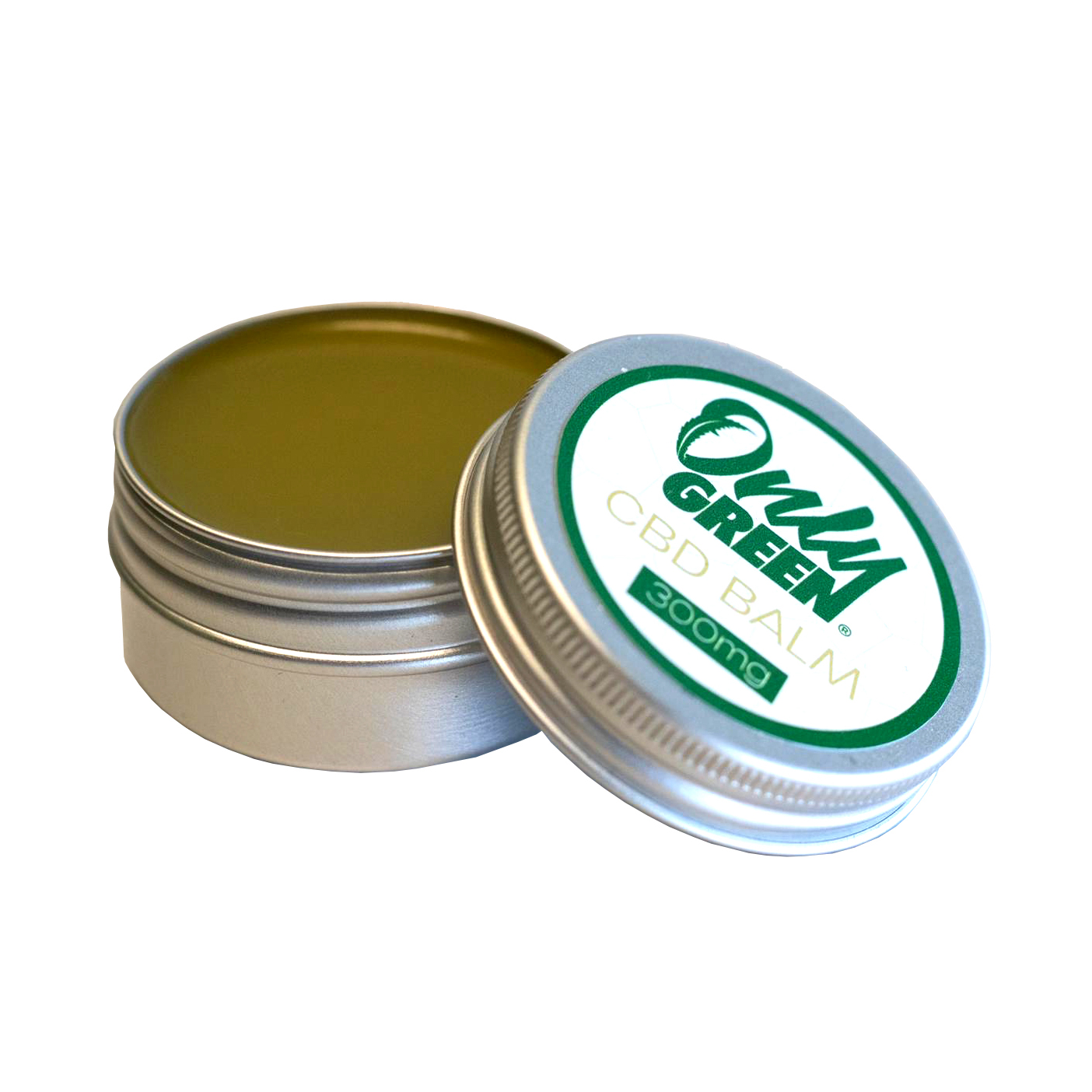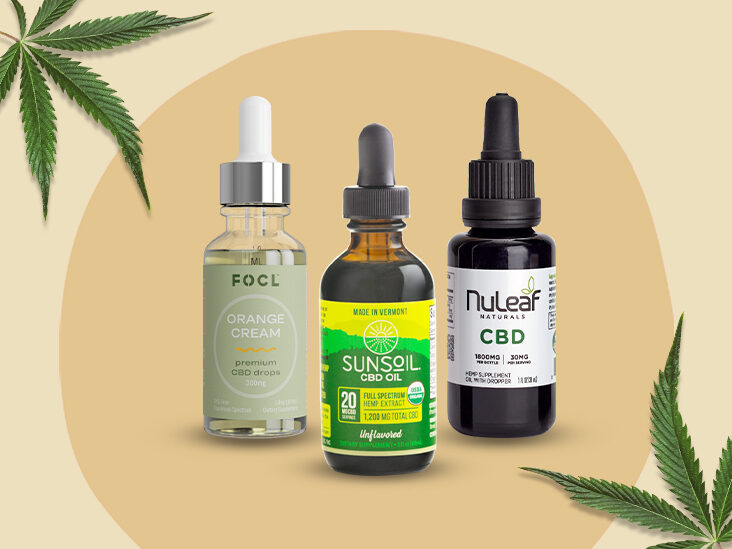
There are many choices available in today's cannabis and cannabinoid product marketplace. However, not all products are created equal. Many CBD products do not have the same quality. It is therefore important to choose the right product for your business. It is important to consider all the benefits that each CBD product has.
For starters, a good CBD product is one that is not tainted with any contaminants. This is especially true if the product has been extracted from hemp. If the hemp has been exposed to pesticides, pesticides can also be present in the CBD. It is important to search for organic and natural agricultural methods.
Be sure to get a product tested by a third party lab. You want to find a CBD product that has been third-party tested for purity, concentration, and potency. The lab report should show how much CBD the supplier has provided to you.

You should also look at the best pricing. Bulk CBD can be purchased from many suppliers at a fraction of the usual price. Although buying wholesale can save you money in long-term, you'll need to price your products competitively.
It can be difficult to choose the right supplier. Ideally, you should choose a reputable brand that has been in the business for a while. You should expect high-quality customer service.
A reliable supplier will be able to provide you with high-quality CBD products. Not all suppliers are created equal, and the same goes for the quality of the CBD they offer. Some companies may offer a good product, but lack the expertise to deliver a top-notch experience.
Although it can be difficult to buy high-quality CBD oil, it is definitely worth the effort. You need quality bulk CBD oil to give your CBD wholesaler the edge it requires to succeed. While it is possible to find a low-cost CBD product, it is more beneficial to purchase high-quality, high-potency products.

To find a reputable supplier, you can use your computer's search function to compare the available wholesale CBD suppliers. You want to find a supplier who offers fast response times and excellent customer service. You may need to speak with several CBD suppliers depending on your requirements before you choose one. Ask the supplier if you can receive a free sample of their products.
A CBD supplier that produces a high quality, innovative product may be willing to share some information with you. They may be able to tell you about the product's marketing aspects and technical aspects. Additionally, they should be able to show you the most significant features of their product.
Of course, the most important thing to look for when buying a CBD product is a supplier that will offer you a secure extraction process. A supplier that uses poor extraction techniques will result in low quality, impure CBD products.
FAQ
Is the CBD industry on the rise?
Yes! And this growth is expected to continue into the future as legalization spreads across North America. Canada was the first country to legalize recreational cannabis use. Several states also have medical marijuana laws.
As more states legalize medicinal marijuana, this trend will likely continue for at minimum a decade.
From an economic standpoint, legalizing marijuana is also sensible. Legalizing pot offers many benefits beyond providing a lucrative market alternative for farmers.
It could help decrease crime rates by reducing illegal drug availability. It could also help governments generate tax revenue.
As legal weed becomes more popular, many people will choose to reduce their alcohol consumption. This would mean fewer hangovers and lower health care costs.
Patients with chronic pain might find that marijuana actually helps to improve their quality-of-life. Many believe that the active ingredient in marijuana, THC, helps relieve symptoms such as muscle spasms and nausea caused by chemotherapy.
Perhaps marijuana can be used as a treatment for mental illnesses like anxiety and depression. Some studies even suggest that marijuana may be able to treat schizophrenia.
The CBD industry is on the rise, and there are many obstacles in its path.
Is CBD a good idea to invest in?
As people learn more about the benefits of hemp-based products, the market for them continues to grow. According to some estimates, there will be 1 billion dollars worth of hemp-based products in stores by 2022.
Market growth is expected at an annual rate in excess of 20% up to 2020, when it will reach $2.5Billion.
Hemp oil is already used to make many beauty and healthcare products, such as lotions.
There are many companies that produce CBD-infused foods, snacks, pet food and dog treats.
CBD is currently legally available in all 50 States. However, this could change soon. CBD will become more widely used as a legal substance in the future. This will allow businesses to be more legally able to do business.
These factors make it clear that CBD investing can be a profitable venture.
How do prices for CBD differ across states?
Prices for CBD products vary widely depending on where you live. In fact, prices can differ by more than ten times!
Prices tend to increase as you move further north. CBD can be found in Alaska at $35 per kilogram, and Hawaii at $200 per grams.
This trend is evident throughout the country. Prices range from $5 to over $2,500 per gram.
This is what's the deal?
One reason why prices vary so much is because of the varying levels of regulation. Some states require CBD products to contain minimal THC (the psychoactive element of marijuana). Some states don't care how much THC is present.
Some companies may choose to sell their products first in one state before shipping them to another.
How can companies successfully market CBD products in a regulation-compliant manner?
The FDA does no regulate hemp as a crop commodity. The FDA regulates cannabis derivatives (e.g. marijuana) under the Controlled Substances Act. CBD has not been subject to any specific regulations.
CBD is legal at state level in 29 US states. Federal law considers it illegal. This uncertainty creates uncertainty for CBD product sellers.
The FDA has specific guidelines on how CBD products must be marketed. The FDA requires that all CBD products clearly disclose their THC content. Companies cannot claim that CBD helps treat certain medical conditions without scientific evidence to support this assertion.
In addition, the FDA requires manufacturers to submit detailed information regarding manufacturing practices and quality control measures. They also require companies to conduct clinical trials to prove safety and efficacy.
These are important considerations for companies when creating their marketing strategies.
Statistics
- A recent systematic review of human trials also reported that individuals with epilepsy receiving CBD (5–20 mg·kg−1·day−1) were more likely to experience decreased appetite than those receiving placebo (i.e., ~20 vs. 5% of patients) (ncbi.nlm.nih.gov)
- The inhibition of FAAH is predicted to lead to an increase in brain and plasma concentrations of AEA, which acts as a partial agonist at CB1R and CB2R, thereby increasing endocannabinoid tone [92, 110]. (ncbi.nlm.nih.gov)
- As a substance that was federally illegal before the passage of the 2018 Farm Bill, hemp-derived cannabinoids with no more than 0.3% THC still face a regulatory grey area. (forbes.com)
- however, one study also found that these effects were virtually abolished when the original media (a nutrient broth agar) was replaced with one containing 5% blood (increasing the minimum concentration to ~160 μM CBD) [179]. (ncbi.nlm.nih.gov)
- A recent study [161] also found that in vitro CBD treatment (i.e., ≤ 2 h exposure to 10 μM) induced ~40% vasorelaxation in isolated (pre-constricted) (ncbi.nlm.nih.gov)
External Links
How To
What are the common issues in the CBD industry?
The market for CBD is growing at an astonishing rate. But, businesses who want to enter this market still face numerous challenges. These include a lack consumer awareness, high-cost entry, limited access capital and regulatory uncertainty.
Many people don't know much about CBD or how it works. They are unable to make an informed decision about buying CBD products.
As a result, most CBD companies rely heavily on word-of-mouth marketing. This is expensive because it requires paying for advertising and hiring staff to promote their brand.
Another issue facing new entrants into the CBD industry is the high cost of production. CBD products require a lot of raw materials. CBD oil can only then be produced if the hemp has been grown in a specific environment.
For CBD oil to be produced, you need to plant enough hemp. This costs about $1,000 an acre. Because of this, many small farmers are unable to afford to grow enough hemp for CBD oil.
Access to capital is another challenge for new entrants in the CBD market. Many people who want to start a business are discouraged by banks due to the stigma associated with the industry.
There is also regulatory uncertainty around the sale of CBD products. There are currently no guidelines on how CBD products should marketed.
Although some states have passed legislation restricting CBD product sales, this has not become a national policy.
So far, only two states - Maine and Nevada - have legalized recreational marijuana.
Some states, such as Michigan and Massachusetts, are looking at similar measures.
These changes could lead to increased competition between CBD manufacturers.
These factors have led many entrepreneurs to choose to work remotely rather than starting a physical business.